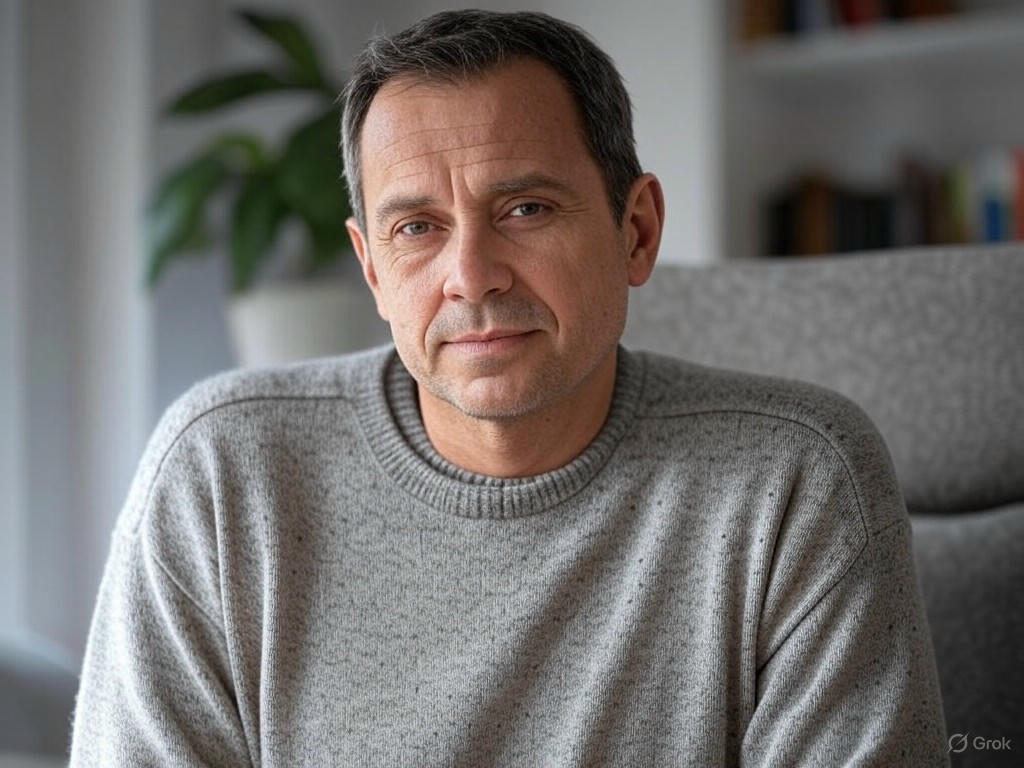Unmasking Narcissism: Three Signs You’re Not a Narcissist, According to a Diagnosed Individual
In a world where the term ‘narcissist’ is often thrown around casually, understanding the true nature of Narcissistic Personality Disorder (NPD) can be a challenge. Jacob Skidmore, a content creator who has been diagnosed with NPD, is on a mission to break down stereotypes and provide clarity about this misunderstood condition. Through his online videos, Skidmore aims to educate the public, offering insights into the disorder while helping people differentiate between genuine narcissistic traits and common misconceptions. His unique perspective as someone living with NPD sheds light on what it truly means to have the disorder—and, more importantly, how to recognize that you might not be one.
Skidmore emphasizes that NPD is far more complex than simply being self-absorbed or overly confident. One of the first signs that you’re likely not a narcissist, he explains, is your ability to genuinely empathize with others. People with NPD often struggle with deep-seated feelings of insecurity that manifest as a lack of true emotional connection. If you find yourself consistently considering other people’s feelings and perspectives, even when it’s inconvenient for you, this is a strong indicator that NPD isn’t part of your personality makeup. Empathy, Skidmore notes, is a trait that many with NPD have to consciously work on, often finding it unnatural or forced.
Another key difference lies in how you handle criticism. Skidmore points out that individuals with NPD tend to react to feedback with extreme defensiveness or even rage, as their fragile self-esteem cannot tolerate perceived attacks. If you can accept constructive criticism, reflect on it, and use it to grow—without feeling like your entire sense of self is under threat—you’re demonstrating a level of emotional resilience that doesn’t align with narcissistic tendencies. This ability to self-reflect without spiraling into shame or anger is a hallmark of emotional health, not disorder.
Lastly, Skidmore highlights the role of self-awareness. Many with NPD are unaware of how their behaviors impact others, often viewing themselves as superior or entitled without recognizing the harm they cause. If you regularly question your actions, seek feedback, and strive to improve, this introspection suggests you’re far from fitting the narcissistic mold. Skidmore admits that his own journey to self-awareness was a long and difficult one, often requiring professional help to see the patterns in his behavior.
By sharing these insights, Skidmore hopes to destigmatize NPD and other personality disorders, encouraging open conversations about mental health. His message is clear: not every self-centered moment makes someone a narcissist, and understanding the real traits of NPD can foster compassion for those who live with it. For the rest of us, recognizing these signs offers reassurance and a chance to focus on personal growth without the weight of misplaced labels. As society continues to grapple with mental health awareness, voices like Skidmore’s remind us that education and empathy are key to breaking down barriers and building understanding.


